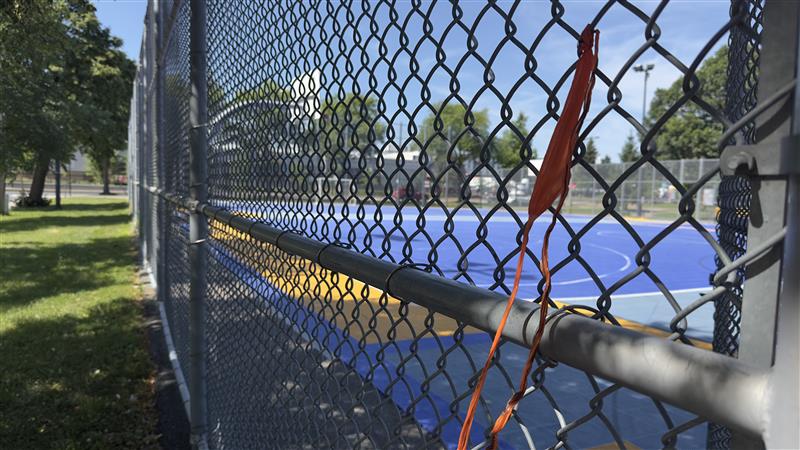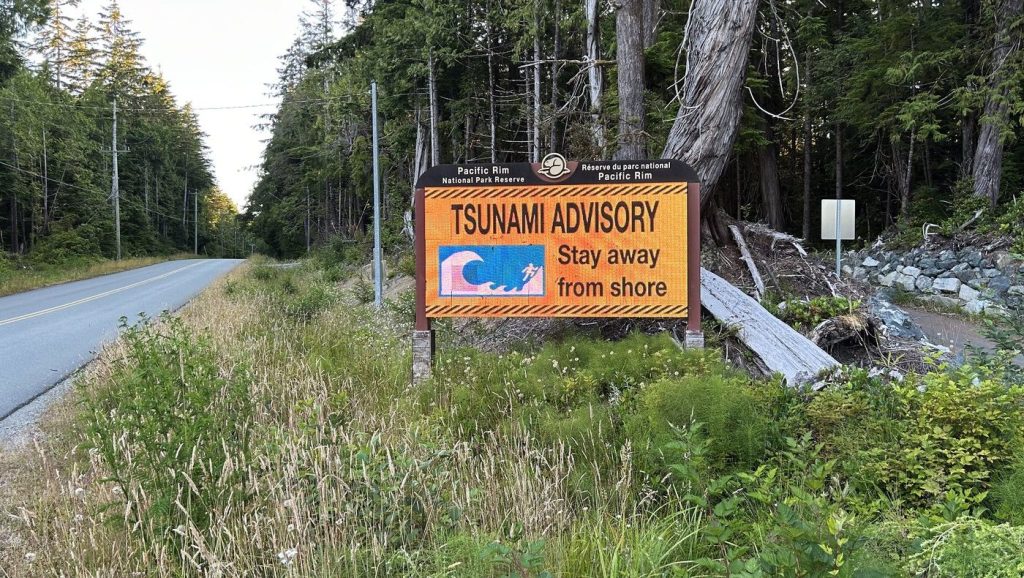West Nile virus cases are on the rise in Quebec. In 2024, there were three deaths from the virus and a total of 81 cases of West Nile cases transmitted through mosquito bites compared to 20 cases in 2023.
The number of cases represent a high since 2018.
Despite these increases reported by the Ministry of Health and Social Services, experts say this is not cause for concern.
“Actually West Nile virus, symptomatic forms primarily affect older adults in their 50s and individuals with weakened immune systems,” said Miarisoa Rindra Rakotoarinia, a scientific advisor at the Infectious Diseases unit of Quebec’s public health institute (INSPQ). “But in general, 80 per cent of the infected people will not show, will not develop symptoms. They will not even know that they are infected by the virus.”
Only 1 per cent of people will develop severe symptoms such as neurological symptoms, “and those people are mostly older people, aged more than 50 and also people that have weakened immune systems. So the best thing to do is to protect yourself from mosquito bites.”
Related:
Rakotoarinia says the areas most consistently affected regions are Monteregie, Montreal, and Laval, but even much more northern regions of Quebec as far as Abitibi-Témiscamingue can also be impacted. The key vectors of the virus Culex Pipiens, and Culex restuans species of mosquitos, which are “very abundant” in the province, and in urban settings, explained Rakotoarinia.
The West Nile virus is mostly transmitted to humans via mosquitos carrying the virus, which become infected when they feed on infected birds. The virus is maintained in nature “through a cycle of transmission and amplification between birds and mosquitoes,” said Rakotoarinia. The incubation period of the virus can last up to 10 days after the bite.
Prevention is key, said Rakotoarinia: “We don’t have currently a vaccine or specific antiviral treatment, the prevention relies mostly on avoiding mosquito bites.” She suggests wearing insect repellent, long sleeves and pants especially at dawn and dusk when mosquitos are most active, and ensure there is no stagnant water around the home.
Increasing temperatures during Quebec summers means that we can expect more mosquitoes in the coming years, as well as increased risk of transmission, said Rakotoarinia. The INSPQ says they don’t yet know what this season will look like, but that cases are usually reported in early August.
“The most [important] thing to do is protect yourself from mosquito bites.”




